The Christian has a conundrum in immigration and national security that requires discernment. In Part 1 of Comparing Political Platforms (15.1), we examined the beliefs of each of the three major political parties. Volumes of words. And it’s both clear…and clear as mud. Christians need discernment to sort it all out.
Think immigration and suddenly we have romantic ideas of hope. But for all the hope, Ellis Island was feared by those seeking to come here—even the honest, healthy, hardworking, and moral immigrants still knew it as a barrier to entry. It has an interesting history that includes deportation and imprisonment. It was a barrier an immigrant was never assured of getting through. Just like The Wall.
Frankly, The Wall presents emotionally-charged issues that move Christian hearts with compassion and justice. After all, we’re a nation of immigrants. However, it’s also more complex than feelings and there’s a spiritual dimension Christians must acknowledge exists even if the secular world cannot see it.
Do you find it odd that the removal of political boundaries in Europe coincided with the precipitous decline in Christianity and has resulted in massive migration of followers of Islam?
Is there a parallel with the US and where we are spiritually today?
Discernment on immigration. We need it. We need it now.
Because the decline of Christianity is happening in America and the “Nones” who have no religious belief at all are becoming the fastest growing demographic.
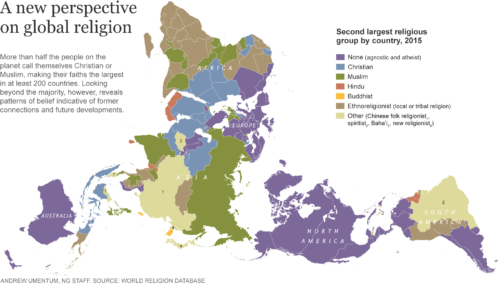 According to the National Geographic, the source of the photo,
According to the National Geographic, the source of the photo,
There have long been predictions that religion would fade from relevancy as the world modernizes, but all the recent surveys are finding that it’s happening startlingly fast.
Do you believe America was founded on Judeo-Christian principles? Do we still uphold those or have we become a melting pot of no religious inclination? Is that what God intended?
- Is it compassionate, for example, to allow young girls being trafficked or the beleaguered foreigner forced to smuggle opioids to be exploited on the way to the border, at the border, and then on US soil as a wide open market for these “products”? Is that what Jesus would do?
- Is it compassionate toward the citizen Hispanics or others working as ranch hands to be assaulted for their vehicles or murdered because they happened to be in the wrong place at the wrong time and encountered smugglers? Would the Father approve?
- Is it hospitable to allow anti-Christian followers of other world religions to invade, recruit, and proselytize on American soil with anti-Christian and anti-Semitic “Death to America” ideology, harming the host that let them in? What does the God of Abraham, Isaac, and Jacob think about that?
The Christian Conundrum:
Love without justice isn’t love at all. Justice without truth and love isn’t really just. And freedom without love, truth or justice jeopardizes all.
There are 2 problems intersecting in this issue which further complicate this conundrum for Christians:
- Identity politics, which is a dangerous game since not all Hispanics are the same, not all migrants are the same or even Hispanic, and not all those crossing the southern border have honorable intentions.
- Confusing language because Satan, the architect of confusion, wants Christians to get sucked in by terms like immigrant, evoking romantic images of the Statue of Liberty, Ellis Island, and America as the great hope of freedom…instead of having Christians use a more factual term like lawbreaker. We are a nation of immigrants who followed our immigration laws. But those who break the law are lawbreakers, not the innocent sounding “illegal immigrant” as if their only crime was stepping over an imaginary line for a loaf of bread or a day’s wages. What is compassion and how do we discern what to do with lawbreakers?
Put it all together and here’s the deal: Each and every Christian must begin to look at individuals instead of groups. The Church must step up from the confusing political slurry of language and develop some discernment.
From Christ’s Church we need “men of Isaachar” (1 Chronicles 12: 17-38) who understand the times. We do not need Satan’s Welcome Wagon with goods to peddle in his hand-basket for hell on the wide, well-trampled path of tolerance with no narrow gate of Christian discernment.
Discernment: Matthew 7:13 “Enter through the narrow gate. For wide is the gate and broad is the road that leads to destruction, and many enter through it. 14 But small is the gate and narrow the road that leads to life, and only a few find it. 15 “Watch out for false prophets. They come to you in sheep’s clothing, but inwardly they are ferocious wolves.”
Why did Jesus connect the two? The whole passage of Matthew 7 is about judging well, using discernment regarding open doors when it comes to matters of faith and truth.
There’s a strange little passage in 2 John that ought to scare the socks off of any Christian who wants to throw the gates wide open as a testimony of their social tolerance and hyper-piety.
2 John 1:6 And this is love: that we walk in obedience to his commands. As you have heard from the beginning, his command is that you walk in love. 7 Many deceivers, who do not acknowledge Jesus Christ as coming in the flesh, have gone out into the world. Any such person is the deceiver and the antichrist. 8 Watch out that you do not lose what you have worked for, but that you may be rewarded fully. 9 Anyone who runs ahead and does not continue in the teaching of Christ does not have God; whoever continues in the teaching has both the Father and the Son. 10 If anyone comes to you and does not bring this teaching, do not take him into your house or welcome him. 11 Anyone who welcomes him shares in his wicked work.
Do your efforts advance the Gospel or are they just giving other world religions (false prophets) a foothold for advancing their own beliefs unchecked? If you’re advancing theirs, according to 2 John verse 11, you’re sharing in their wicked work. Go ahead. Read the verses again.
There’s a way to make sure that you’re advancing God’s work and God’s Kingdom. Move beyond group thought and unaccountable government. Make it personal and personally accept responsibility for what each and every one under your supervision does. You’re sharing in it, remember? And God knows the difference between giving the enemies of the Gospel a foothold for advancing their own beliefs versus compassion and witness–which is our ideal!–as we advance the Gospel until all evil of this world will be made Christ’s footstool.
There is probably no greater illustration and modern example of the spiritual battle in American culture than the debate over The Wall. Is it the Original Sin of Trump? Don’t take the “Nones” word for it if you’re a Christ-follower! By understanding the times with discernment, it is the Christian’s opportunity to dig deep, to decide which side of the spiritual battle we’re really on, to choose whether the wide road or the narrow gate is the better path, and to display with our actions which kingdom we’re truly interested in advancing.
 * * *
* * *
This series contains:
- An overview of each party’s platform http://seminarygal.com/comparing-political-platforms-part-1/
- Part 2 Overarching principles of individual vs. state and rights of self-determination
- Part 3, on Freedoms of Speech, Religion, and Expression
- Part 4, Government Transparency and a Right to Privacy
- Part 5, Human Relationships, Sex, and the Law in a Divided America
- Part 6, Abortion
- Part 7, Education
- Part 8, Drugs
- Part 9, Criminal Justice
- Part 10, the Death Penalty
- Part 11, Guns and The Second Amendment
- Part 12, Taxation
- Part 13, the Environment
- Part 14, the IRS and the Size and Scope of Government
- Part 15.1, Immigration and National Security: the Platforms
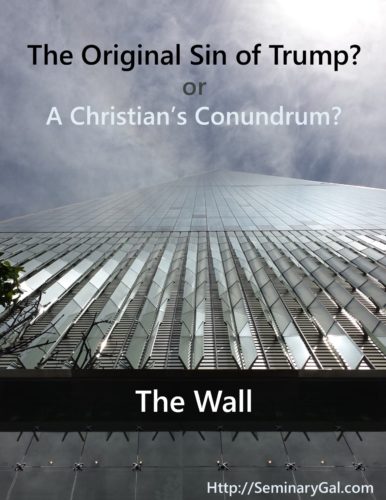
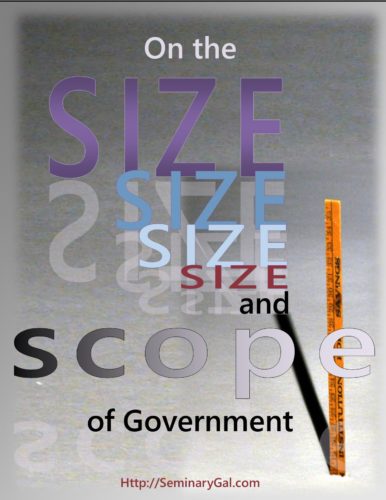 Manmade government, though instruments of God, will vanish someday. Every leader will be held to account as an individual, for the good and the bad.
Manmade government, though instruments of God, will vanish someday. Every leader will be held to account as an individual, for the good and the bad.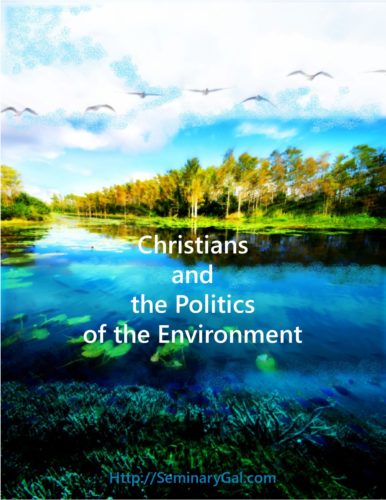
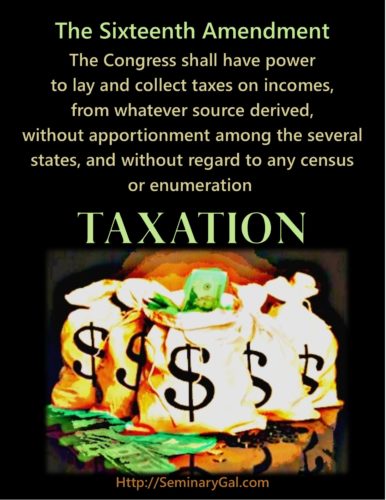 The 16th Amendment. Few know the history, but everyone who works for a living, or did at one time, knows the consequences of taxation. “The Congress shall have power to lay and collect taxes on incomes, from whatever source derived, without apportionment among the several states, and without regard to any census or enumeration.”
The 16th Amendment. Few know the history, but everyone who works for a living, or did at one time, knows the consequences of taxation. “The Congress shall have power to lay and collect taxes on incomes, from whatever source derived, without apportionment among the several states, and without regard to any census or enumeration.” If there is a controversial issue the Bible says nothing specifically about, it is the issue of guns and The Second Amendment, which reads, “A well regulated militia, being necessary to the security of a free state, the right of the people to keep and bear arms, shall not be infringed.”
If there is a controversial issue the Bible says nothing specifically about, it is the issue of guns and The Second Amendment, which reads, “A well regulated militia, being necessary to the security of a free state, the right of the people to keep and bear arms, shall not be infringed.”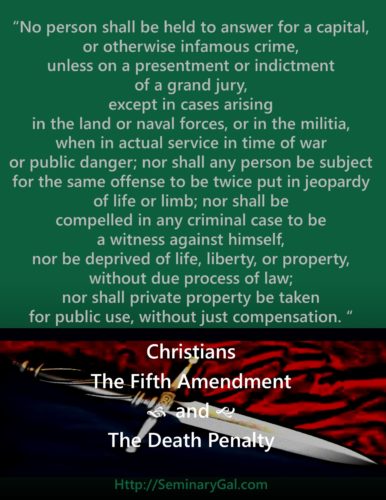 The Fifth Amendment is probably best known for someone “pleading the fifth” but the
The Fifth Amendment is probably best known for someone “pleading the fifth” but the 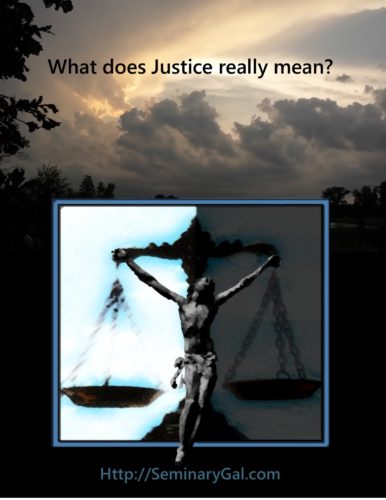 We have a process and a criminal justice system but actual justice runs through on stilts.
We have a process and a criminal justice system but actual justice runs through on stilts.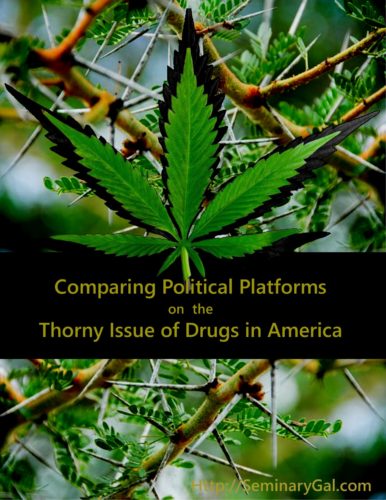
 Choices, choices. Jump ahead or skip and go back? No, this is not the latest dance craze. I’m going to jump ahead and group a couple of the
Choices, choices. Jump ahead or skip and go back? No, this is not the latest dance craze. I’m going to jump ahead and group a couple of the